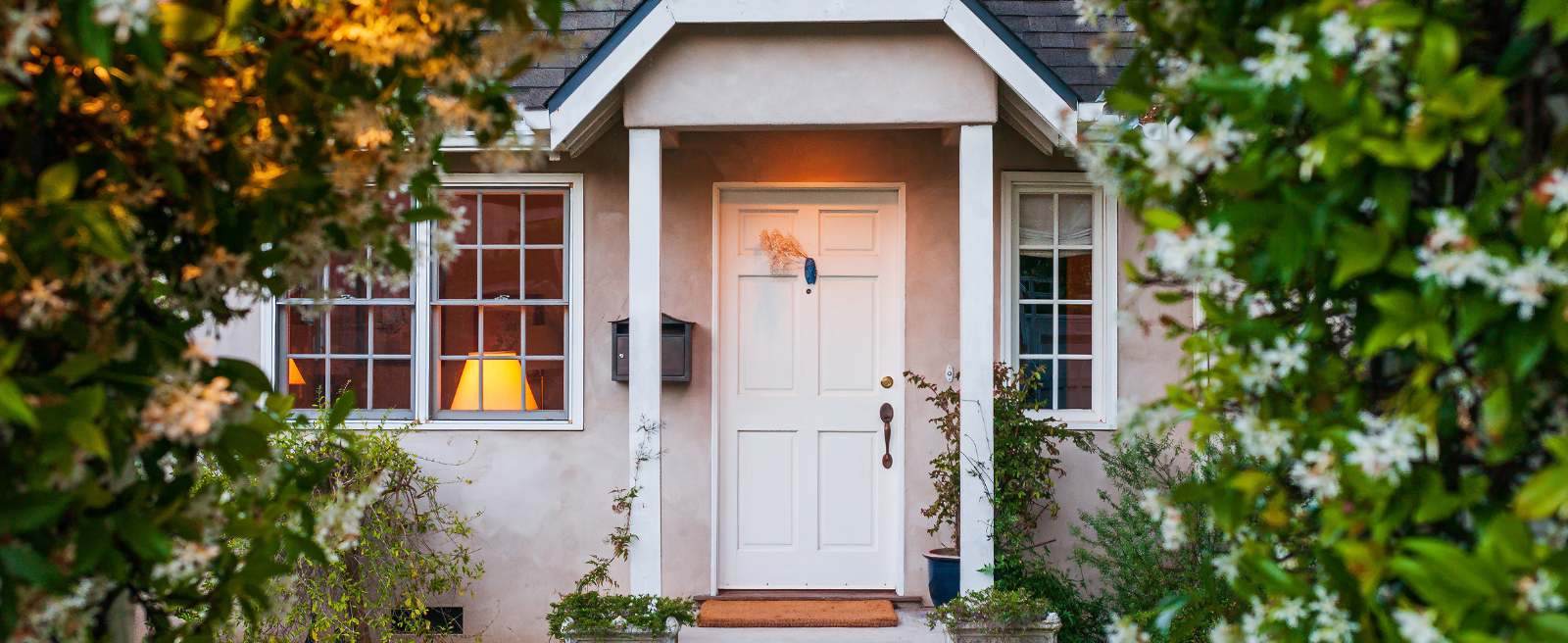CEQA Updates: New Housing Legislation to Have on Your Radar

CEQA Updates: New Housing Legislation to Have on Your Radar
Estimated reading time: 5 minutes
In another eventful year for California housing legislation, we’ve seen 40 bills introduced and 14 signed by Gov. Gavin Newsom. Many contain provisions affecting the California Environmental Quality Act (CEQA), which requires public agencies to assess and disclose the environmental impact of their actions, informing decision-makers and the public to prevent significant, avoidable harm.
CEB explored the latest implications with an online panel covering hot topics in CEQA, featuring insights from land use and environmental attorney Justin Zucker of Reuben Junius & Rose. Jana Mickova Will of the San Diego City Attorney’s Office and Everett DeLano of DeLano & DeLano also shared insights into emerging CEQA issues.
Here’s what California practitioners need to know about new housing legislation.
The Office of Planning and Research has a new name
One of the many things that this year’s budget trailer bill did was rename the Office of Planning and Research to the Office of Land Use and Climate Innovation (LUCI). OPR’s website is still up and running for now, but changes to its branding and functionality are expected in the near future.
Changes to LEED requirements streamline student housing projects
Senate Bill (SB) 312 addresses a timing issue with CEQA exemptions for student housing projects. Previously, to qualify for the exemption, projects had to meet Leadership in Energy and Environmental Design (LEED) Platinum standards — some of which can’t be satisfied until the building is occupied.
This bill solves the issue by allowing buildings to qualify for LEED Platinum certification, rather than having to be fully certified. This qualification can happen before the building is occupied, making it easier to meet the requirement. LEED certification must now be obtained within 18 months of securing a certificate of final completion and occupancy. However, universities can’t use the exemption on other projects until they have LEED certification for the prior housing development project.
The bill also extends the life of an exemption from having to prepare an environmental impact report if projects are LEED Platinum certified. The exemption was set to expire on Dec. 31, 2029, but now it extends on Jan. 1, 2032.
It’s easier to challenge housing projects
SB 393 makes it easier for opponents of housing projects to challenge developments without facing the burden of posting a large bond for costs and damages. Previously, developers of projects meeting or exceeding low or moderate income requirements could force opponents to provide up to $500,000 in security if their challenge delayed the project by proving that it was made in bad faith and wouldn’t cause financial hardship to the opponent. Now, developers no longer need to prove financial hardship, and opponents can present evidence to reduce the bond amount if it would cause them undue economic hardship.

The approval process is expedited for some projects in single-family zones
SB 1123 updates SB 684 to allow up to 10 homes to be built on empty lots in single-family neighborhoods that are close to jobs, schools and public transportation. This bill simplifies the approval process for these projects by waiving the need for a CEQA review — as long as each unit is no more than 1,750 square feet and on a parcel that’s no larger than five acres.
The prior law made it easier to build small “starter” homes on lots in multi-family zones and allowed for quicker land subdivision into smaller properties, each with its own home. The new law expands this to single-family areas, increasing affordable housing options in neighborhoods that have traditionally excluded lower- and middle-income families. It also ensures that different types of affordable homeownership, like tenancies in common and community land trusts, can benefit from the law.
CEQA exemptions extended for certain projects in unincorporated areas
A CEQA exemption for residential or mixed-use housing projects in unincorporated areas of a county has been extended by seven years to Jan. 1, 2032, with Assembly Bill (AB) 2199. This exemption applies to projects on sites that are five acres or less and substantially surrounded by qualified urban uses.
However, these projects can’t cause any significant impacts on transportation, noise or air and water quality. The bill also adds an exception for projects that could have substantial impacts on tribal cultural resources — on top of the existing exceptions for cumulative impacts, unusual circumstances and impacts to scenic or historic resources.
The future of housing development and CEQA
As the legislature creates easier pathways for housing development projects that don’t require compliance with CEQA, we may see more cities implementing standardized mitigation strategies. San Francisco, for example, is planning measures that will automatically apply to these housing projects to address the potential impacts on noise levels, air quality, archaeological resources and tribal cultural resources.
Leverage CEB for CEQA compliance by scheduling a demo — and dive into our explainer on preparing and reviewing an environmental impact report here.

Read more related content
- Navigating the Litigation Process in California for New PractitionersStarting your litigation practice in California can be both exciting and overwhelming. While law school offers theoretical foundations, real-world litigation involves mastering procedure, managing client expectations, and making strategic decisions … Continued
- Staying Current in California Criminal Law with CEB ResourcesIn California’s fast-moving criminal justice system, staying current on new laws, court decisions, and procedural updates is essential. Whether you’re a seasoned criminal defense attorney, a new deputy district attorney, … Continued
- The Best Legal Books for California Criminal Law PracticeCriminal law practice in California demands a deep understanding of procedural nuances, evidentiary rules, pretrial strategy, sentencing laws, and post-conviction relief. For both prosecutors and defense attorneys, staying current and … Continued



